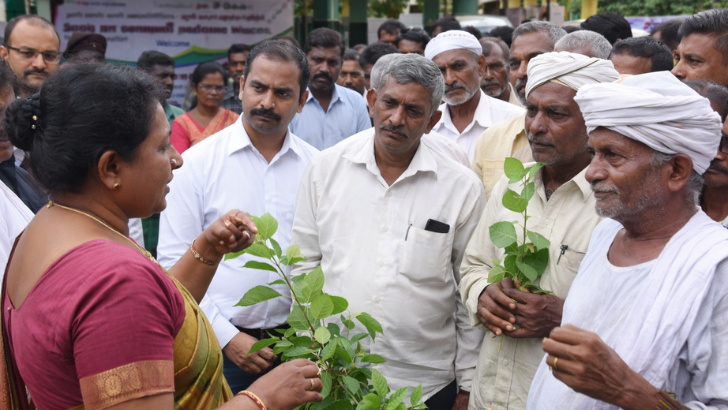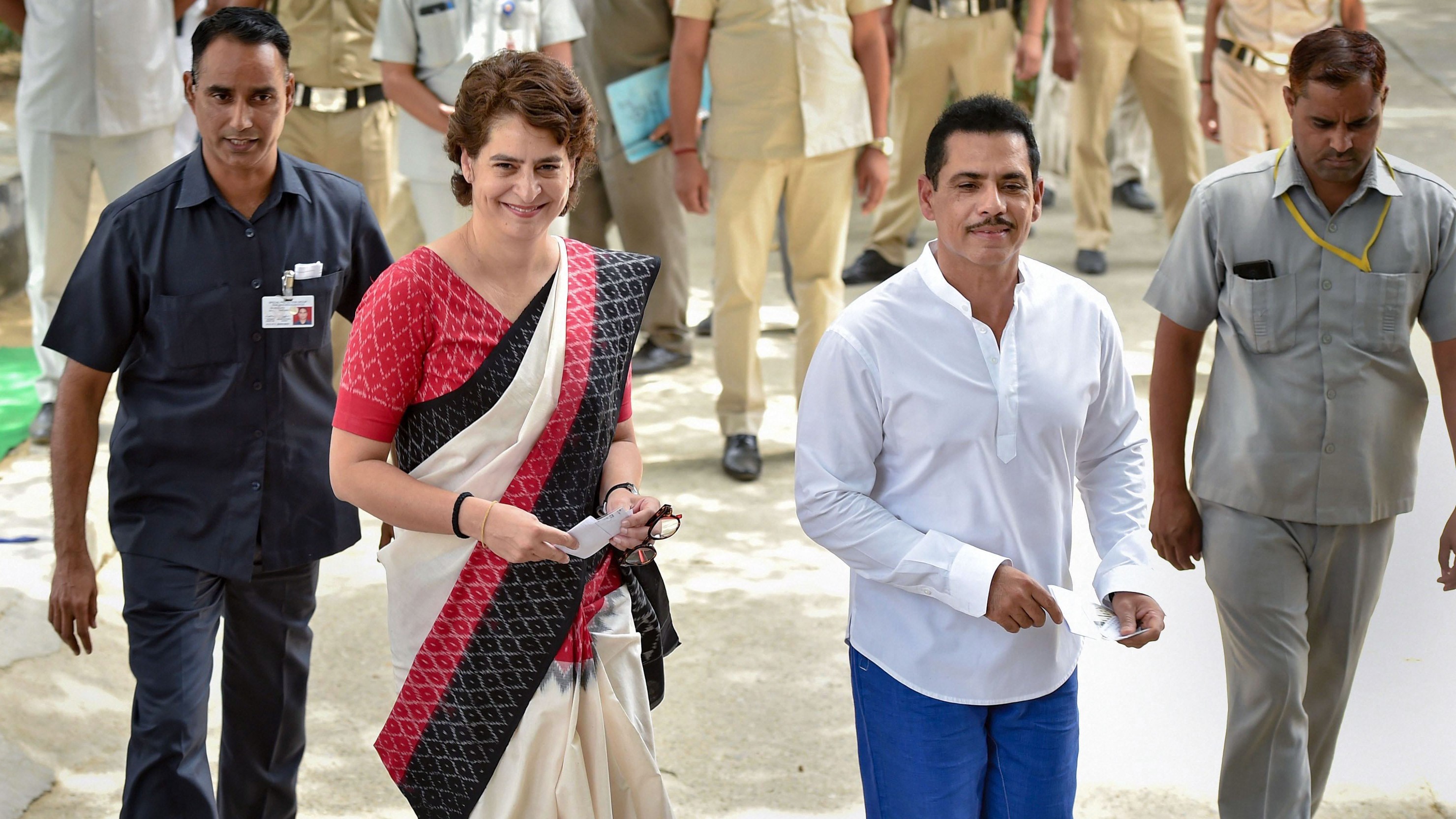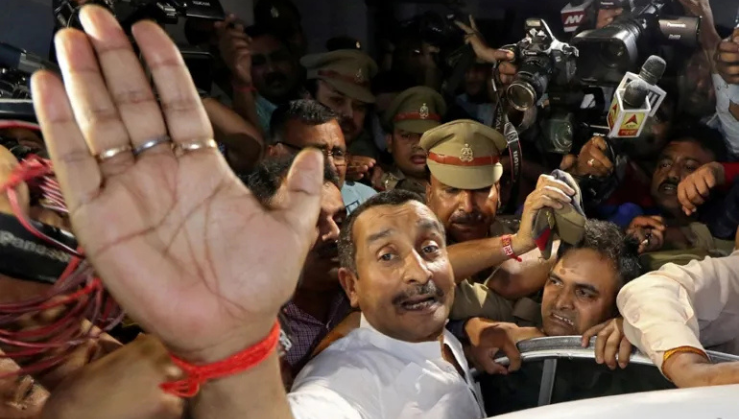Andhra to unveil policy to tackle declining fertility, says CM Naidu
Naidu noted that nations like Japan, Hungary, and Singapore now offer cash, tax exemptions and housing benefits to families with more children.
PTI
-
Andhra Pradesh Chief Minister N Chandrababu Naidu
Amaravati, 12 July
Andhra Pradesh Chief Minister N Chandrababu Naidu has said that
the state government will soon unveil a new policy framework to address
declining fertility rates and demographic imbalance.
Speaking at the Amaravati Summit on World Population Day on
Friday, Naidu emphasised that population should be treated as the state's
greatest economic strength, not a burden.
"Population is the nation's strongest economic asset. A
robust policy on population growth will be introduced soon," said Naidu,
addressing the summit.
He observed that rising expenses are deterring young couples from
having children, while Parliament seats may increase in the future, southern
states could see reduced representation.
The CM recalled his earlier efforts promoting family planning and
noted that today's demographic trends call for a shift in focus from control to
management of population growth.
"Before 2004, as CM, I incentivised family planning. We even
brought a law disqualifying those with more than two children from contesting
local body elections," said Naidu.
He further said that today, there's a need to amend the law to
allow those with more than two children to contest, adding that a nation is not
just about its land, regions, towns, or borders, it is about its people.
Naidu said that while developed nations struggle with aging
populations, India's youth advantage remains intact, though not guaranteed
unless corrective policies are adopted quickly.
"Our youth population is shrinking while elderly numbers
grow. To avoid a human resource crisis, we must encourage larger
families," said Naidu, addressing the summit.
Naidu launched a survey seeking public input on population policy,
declaring, "Your voice is our policy guide," and stressing the
importance of aligning welfare with people's preferences.
He expressed concern that while the global population is
increasing, birth rates are declining, and the youth population is shrinking
while the elderly population is increasing.
Naidu noted that nations like Japan, Hungary, and Singapore now
offer cash, tax exemptions and housing benefits to families with more children.
He pointed out that the southern state's fertility rate stands at
1.7, well below the replacement rate of 2.1, underscoring the urgency of
reversing this trend.
Naidu also cited concerns over the fading of joint family systems,
rising cost of living, and the changing outlook of youth, saying such factors
must shape future family-centric policies.
Mentioning his recent visit to Kuppam, he shared an anecdote of a
three-generation household as a model for societal stability and economic
resilience.
Stressing gender equality, he said TDP governments have
historically empowered women by giving from the gas cylinder scheme to property
rights and representation in colleges and transport services.
Naidu maintained that India's population advantage will hold only
until 2047, urging policymakers to treat human capital as a long-term resource
and not a short-term liability.
Leave a Reply
Your email address will not be published. Required fields are marked *








.jpg)



.png)





.png)

